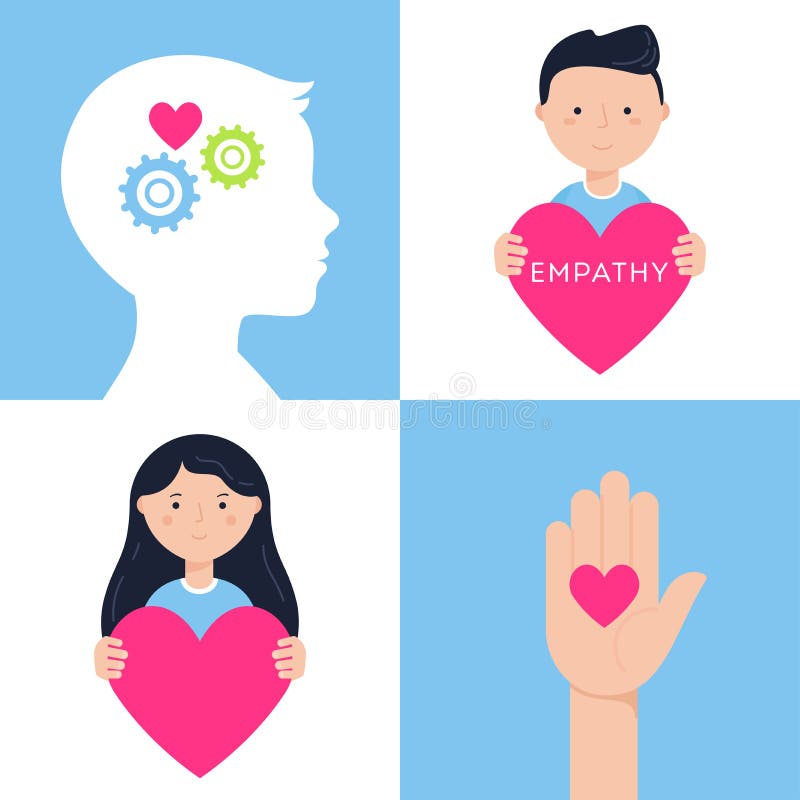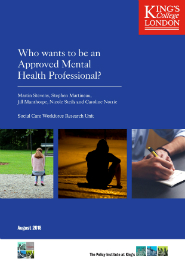Poor sleep and depression are really closely linked; treating one condition will typically enhance the other. Provided that research study recommends that 60-90% of patients with depression have sleeping disorders( and.

roughly 20% of individuals with depression have sleep apnoea), caring for our sleep to promote excellent mental health seems essential - how does lack of sleep affect your mental state. The Harvard Mental Health Newsletter mentions that "Once viewed just as signs, sleep issues may actually add to psychiatric conditions ". There are many simple methods to improve sleep. The initial step for numerous.
people.
is to improve their sleep habits. A routine bedtime and waking time are necessary, as are avoiding stimulants prior to going to sleep( cigarettes and caffeine ), having enough exercise during the day( not too close to bedtime), eating well and making sure that the bed room is peaceful and dark and the bed is comfortable. Some people might need to look for the help of a sleep psychologist and very sometimes the brief term use of medication may be practical. how does culture affect mental health. Auger R( priced estimate )- http://www. webmd.com/sleep-disorders/excessive-sleepiness-10/depression-lack-of-sleep SegoviaF, More JL, Lineville S, Hayle, RE and Haine RE: Mil Med 2013 Feb: 178( 2): 196-201. Have you ever gone to sleep worried about an important, morning meeting? You know you need to be well rested in order to put your best foot forward, so you invest the entire night lying wide awake believing about how you truly need to fall asleep? It's something we've all knowledgeable.
Handling the rare restless night is something, but for lots of individuals, restlessness isn't a separated event. In fact, it's estimated that 40 million Americans have a chronic sleep disorder. And with sleep and psychological health being so closely associated, there's an indisputable connection occurring. 50% to 80 %of people seeking mental health care likewise experience issues with sleep,.
The Buzz on How Does Exercise Affect Mental Health
and those who are suffering from depression, stress and anxiety, or ADHD are especially likely to grapple with sleep as well. However, more recent research study has actually suggested that this might not be the whole story. These research studies have discovered that sleep disruptions may actually be working as a trigger, raising.
your risk of developing a mental health condition. While scientists aren't exactly sure why this is, they have discovered some connections. Studies have actually shown that Rapid Eye Movement helps our brains enhance finding out skills, memory, and total emotional health. When this kind of sleep is interrupted, our neurotransmitters and stress hormonal agents are likewise interfered with. Therefore, this disturbance can intensify any already-present symptoms of mental health conditions and vice versa. Numerous research studies have actually shown that approximately 90% of adults and kids with depression also.

struggle with some type of sleep problem. One longitudinal study found that individuals with sleeping disorders were 4 times most likely to develop depression than their Visit this link non-insomniac counterparts. Several other studies have actually taken a look at the relationship between sleep and anxiety in youths. Interestingly, they discovered that sleep problems.
started before their anxiety did. http://sergioxeay934.wpsuo.com/how-does-genetics-affect-mental-health-fundamentals-explained It's estimated that over half of grownups struggling with generalized anxiety disorder also have sleep concerns. Being anxious can make it hard to fall or stay asleep, which can then cause stress and anxiety about losing sleep. One study found that over half of individuals afflicted with both sleep issues and anxiety developed anxiety specific to dropping off to sleep during the night. Just like anxiety and sleep, losing quality rest can magnify the signs of anxiety. There are less research studies on the impacts.
of ADHD on sleep, but many grownups and kids with ADHD will grumble of comparable sleep disturbances. Lots of patients will frequently experience" perverse sleep" being awake when it's time for bed and being tired when it's time to be awake. Individuals with ADHD will regularly report concerns with falling asleep, staying asleep, and getting deep, relaxing sleep. Recognizing the power of sleep and its relationship with mental health is more vital than ever in today's busy.
The Ultimate Guide To How Does Minimalism Affect Mental Health
, uneasy culture. Understanding how one affects the other not just helps in getting the most accurate diagnoses, however also help in improved treatments for both conditions. To find out more about Neurocore's med-free sleep program, provide us a call at 800. SOURCES: Maddox, W.T. Sleep, 2009; vol 32: pp 1439-1448. Taylor, D.J. Sleep, Nov. 1, 2005; vol 28: pp 1457-1464. National Sleep Structure:" 2009 Sleep in America Survey Highlights and Secret Findings, "" 2002 Grownup Sleep Habits,"" Teenagers and Sleep." National Institute of Neurological Disorders and Stroke:" Brain Basics: Comprehending Sleep. "WebMD Feature:" The Toll of Sleep Loss in America." NIH National Heart, Lung and Blood Institute:" Your Guide to Healthy Sleep." Barry Krakow, MD, medical director, Maimonides Sleep Arts and Sciences, Ltd., Albuquerque, N.M.; author, Sound Sleep, Sound Mind: 7 Keys to Sleeping Through the Night. Allison T. Siebern, PhD, fellow, Sleeping disorders and Behavioral Sleep Medication Program, Stanford University School of Medication, Sleep Medicine Center, Redwood City, Calif. U.S. Department of Health and Human Being Services:" Your Guide to Healthy Sleep." WebMD Medical Reference:" Sleep101." National Highway Traffic Security Administration:" Drowsy Driving and Car Crashes.". Do you often work longer in the night? Do you invest a great deal of time partying with buddies into the early hours? Or do you have young kids who typically keep you awake at night? With work, family and other life commitments, many of us simply do not get the recommended 7 or 8 hours of sleep. It can be simple to dismiss sleep as not being very important Alcohol Abuse Treatment in maintaining a psychologically healthy way of life but are we missing out on a trick? How essential is an excellent night's sleep to how we operate mentally? of explains why sleep is so important to our, and what we can do to help improve our sleeping habits.
The results of one research study( Yoo, Gujjar et al (2007 ). A deficit in the ability to form brand-new human memories without sleep. Nature Neuroscience, 10( 3), 385-392 )show that a night of peaceful sleep might 'reset 'brain reactivity in order to get ready for psychological obstacles the next day. Sleep has an essential restorative function in' recharging' the brain at the end of every day, just like we need to charge a cellphone battery after extended use. Continuous poor sleep can be a substantial danger element for the development of significant depressive disorder. The threat of feeling and/or( as well as getting worse existing anxiety and depression) increases with the intensity of, therefore it is essential to identify and arrange out sleep problems as quickly as they are determined. Low state of mind Anxiety Irritability Unpredictable behaviour Poor cognitive functioning and efficiency( e. g. forgetfulness, making mistakes and slower thinking than regular )Psychotic episodes Physical signs of anxiety Exhaustion Elevation in high blood pressure and stress hormones Unfavorable impacts on cardiovascular health (increased threat of strokes and cardiovascular disease) Immune damage which can result in numerous physical issues attempt to sleep and wake at routine times consistently (how does drug affect your mental health). such as caffeine, nicotine and alcohol near bed time. specifically in the evening to minimise possibilities of waking to empty your bladder. Many people who suffer from sleeping disorders invest more time in bed lying awake rather than really asleep. but not far too late at night as this could be stimulating.
.